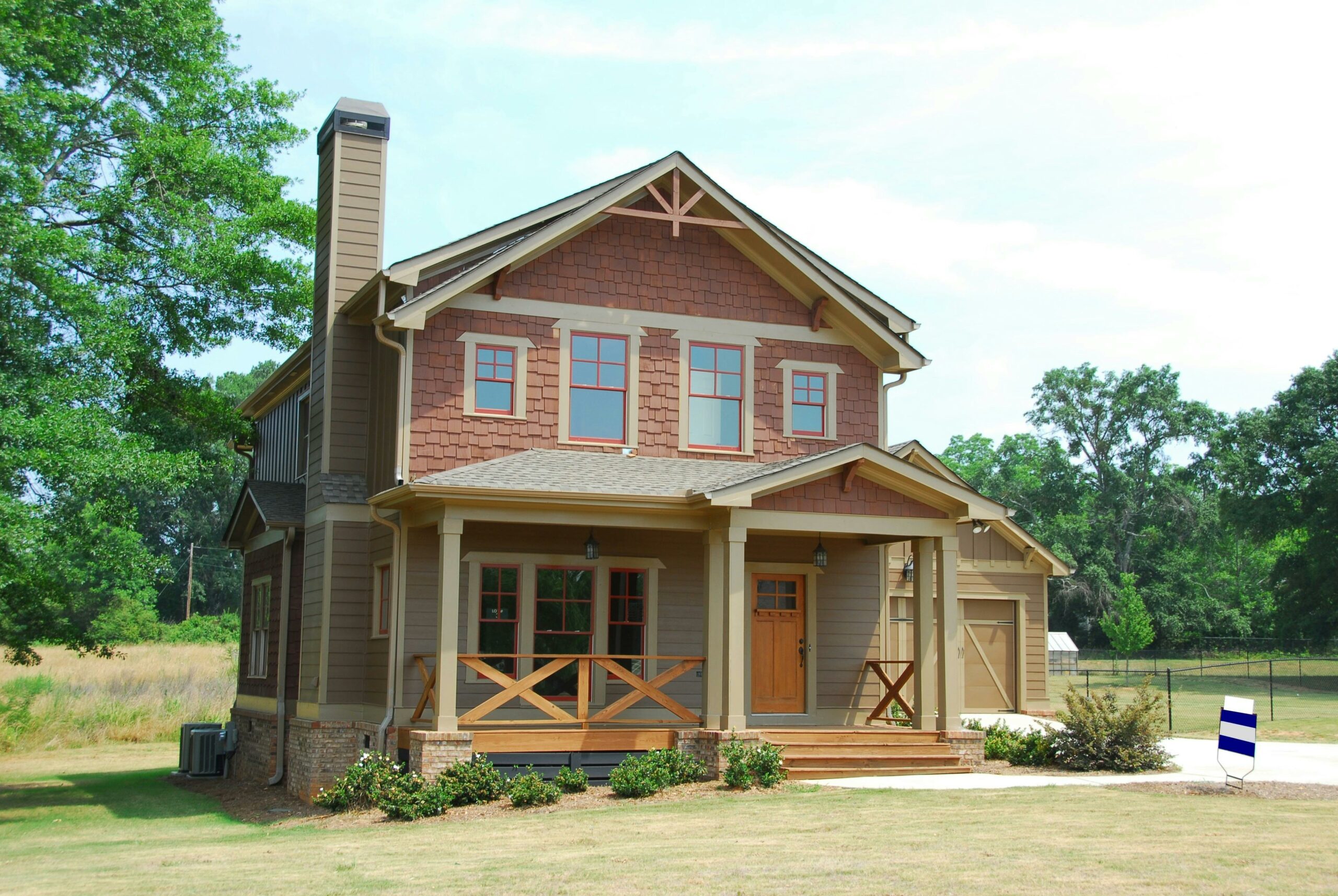
August 23, 2024 • General
Average Down Payment On A House – Real Estate Transaction
One of the most significant financial considerations is the down payment on a house Purchasing. Understanding how much you need for a down payment can help you plan and prepare for your home purchase, ensuring you’re ready when the time comes to make an offer.
What is a Down Payment?
A down payment for a house is the initial amount of money you pay upfront when purchasing a home. It’s expressed as a percentage of the home’s purchase price and serves as your equity in the property. The larger your down payment, the less you’ll need to borrow through a mortgage, which can result in lower monthly payments and potentially better loan terms.
How Much Do You Need for a Down Payment on a House?
The required down payment can vary depending on several factors, including the type of mortgage, the lender’s requirements, and your financial situation. Here’s a breakdown of common down payment requirements:
- Conventional Loans:
- Conventional loans typically require a down payment of at least 5% to 20% of the home’s purchase price. While a 20% down payment is ideal because it allows you to avoid private mortgage insurance (PMI), many lenders offer options with lower down payment requirements.
- FHA Loans:
- FHA loans, backed by the Federal Housing Administration, are popular among first time home buyers and those with lower credit scores. The minimum down payment for an FHA loan is 3.5% of the home’s purchase price.
- VA Loans:
- VA loans, available to eligible veterans, active-duty service members, and certain members of the National Guard and Reserves, often require no down payment at all. This benefit makes VA loans an attractive option for those who qualify.
- USDA Loans:
- USDA loans, designed for rural and suburban homebuyers, also offer the possibility of no down payment. However, these loans are income-restricted and limited to certain geographic areas.
How to Determine Your Down Payment Amount For buying a house:
When deciding how much to save for a down payment, consider the following factors:
- Home Price: The price of the home you want to buy will directly impact the amount you need for a down payment. Higher-priced homes require larger down payments.
- Loan Type: The type of mortgage you choose will dictate the minimum down payment required. Research different loan options to determine which one best fits your financial situation.
- Avoiding PMI: If you want to avoid paying private mortgage insurance (PMI), aim for a 20% down payment. PMI is typically required for down payments less than 20% on conventional loans and adds to your monthly mortgage payment.
- Personal Savings: Consider how much you’ve saved and how much you can comfortably allocate toward a down payment without depleting your emergency fund or other financial resources.
Final Thoughts:
The amount you need for a down payment can vary based on several factors. Including the type of loan, the home’s price, and your financial goals. While a larger down payment can offer benefits such as lower monthly payments and avoiding PMI. There are options available for buyers with smaller down payments. By understanding your options and planning ahead, you can determine the down payment that works best for your situation and take a confident step toward homeownership.
